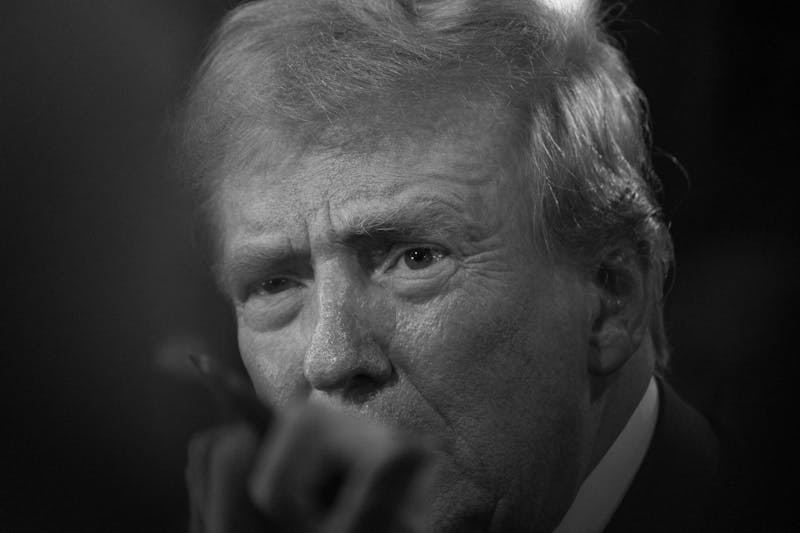When Bob Hurst, a vice chairperson at the Goldman Sachs investment bank, graduated from Wharton's MBA program in 1968, the field of investment banking was hardly what it is today. In a one-hour lecture at Steinberg-Dietrich Hall Tuesday night, Hurst explained that he was one of a handful of Wharton MBA students to enter the field, which at the time offered a starting salary of just $13,200. "An investment banker speaking [in the 1960s] would have drawn as many students as an Army recruitment meeting," Hurst said, referring to the ongoing Vietnam War. However, the scene was quite different when Hurst returned to speak at his alma mater. Soaring investment banking salaries and a rising interest in the field attracted more than 200 University students to hear his speech, which was part of the Musser-Schoemaker Leadership dinner series. In the lecture, Hurst shared his insights from 30 years of experience in the investment banking world and entertained student questions on topics ranging from recent mergers to his involvement in arranging the initial public offering of Microsoft stock. "There is clearly a lot of momentum for investment banking and the financial sector," Hurst said, noting that Goldman Sachs hires more undergraduates and graduates from Penn than any other university. According to Hurst, the consolidation of industries, the globalization of the world economy and privatization have increased investment opportunities worldwide. "Ten years ago if someone wanted to invest in a telecommunications firm, they would invest in AT&T.; Today there are a wider array of options," he said, pointing to domestic firms such as MCI WorldCom and recently privatized international telecommunications firms. Hurst also said that an increased emphasis on shareholder value of stocks has led to a significant change in monitoring investment opportunities. "Stock prices are viewed as the report card for management and financial success of companies," he explained. "And the focus on shareholder value is the financial equivalent of Darwin's survival of the fittest." As for the future of Goldman Sachs, Hurst told the audience that the private investment banking firm would soon issue its initial public stock offering -- a highly anticipated move. "We are doing it because we need more permanence of capital," he said. "We had a terrific first quarter and so we will go public soon." Hurst also took time to advise the students about how to best prepare for the competitive business world. "When I think about what leads to success in business, it is the ability to think critically, maintain your position and articulate your ideas," he said, crediting a Wharton faculty mentor and his overall business-school experience for developing those skills. "There is no question that investment banking is very demanding in terms of [having] a strong work ethic and making decisions that are tested in the market," Hurst said. "But if you are suited for it is a very good place to be." Students gave Hurst's lecture overwhelmingly positive feedback. "It was beneficial because it provided a historical perspective on world financial markets and applied it to future predictions," College and Wharton freshman Maribeth Gainard said.
The Daily Pennsylvanian is an independent, student-run newspaper. Please consider making a donation to support the coverage that shapes the University. Your generosity ensures a future of strong journalism at Penn.
DonatePlease note All comments are eligible for publication in The Daily Pennsylvanian.







